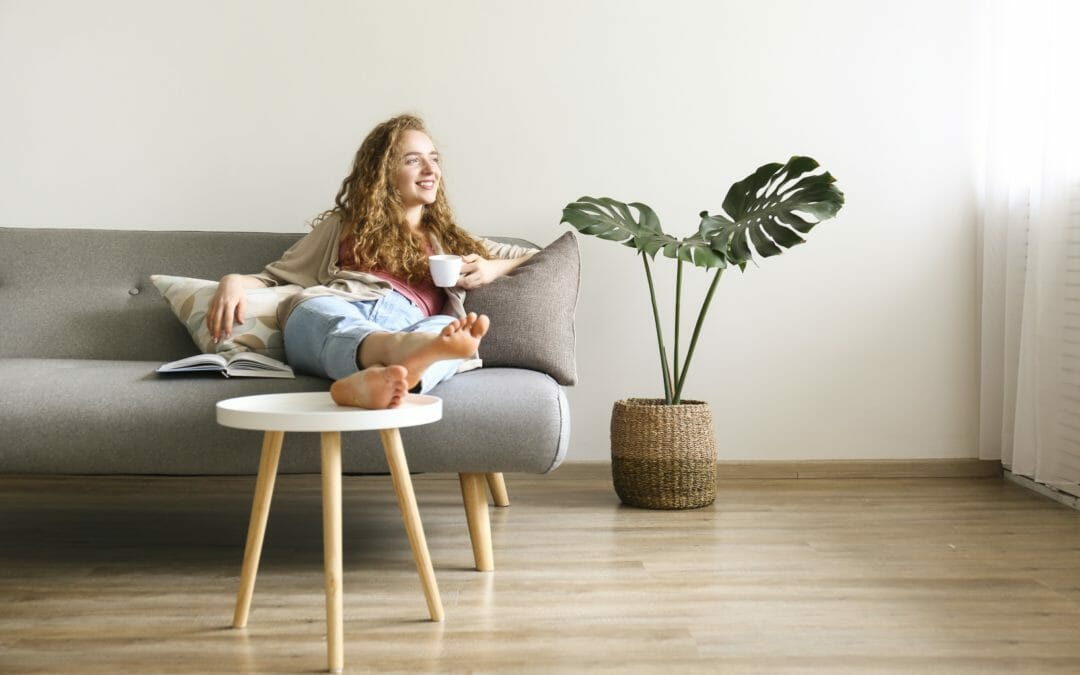The world is changing rapidly. COVID-19 is causing nations everywhere to batten down the hatches, implement strict lockdown and take other drastic measures to stop the spread of this insidious disease.
While these measures are necessary—a global pandemic needs a serious response—they’re hardly the sort of thing that people with anxiety are going to take well. And the constant media coverage, with dreadful reports of death counts and infection rates, is enough to make even those who don’t chronically worry wonder if everything is going to be ok.
Anxiety and related stress are far more common than many people think. In 2016, nearly six in every hundred people in the UK were diagnosed with generalised anxiety disorder. And one in four people in the UK will experience a mental health problem—the most common being anxiety and depression—every year.
There are ways to manage the natural anxiety we’re all likely to feel during the crisis, though. Here are a few easy to follow tips:
Practise self-care and stick to a routine
With most of us working from home, or furloughed (or for some, made redundant), a lot of our common routines and rituals have been thrown out of the window. Sleeping in late, working in bed and living off frozen pizza is tempting. But these habits can be terribly detrimental to our mental health.
Try to stick to the times and habits you were used to before this all started. If you started your day at 7am with a shower and a coffee, keep doing that. The important thing is to stop the bad habits you can pick up becoming the new normal.
Similarly, it can feel right to let a lot of self-care fall by the wayside. Try to make sure you’re eating properly—not as easy as it was with social distancing and queues for shops, but worth it. You might be staying at home all day, but you still need vitamins!
Exercise
Exercise is great for physical wellbeing, but it boosts mental wellbeing too. While it can be difficult to start an exercise routine while in the grip of anxiety at the best of times, the effect it has will increase your wellbeing and reduce the worries.
There are plenty of basic, simple routines you can do at home with no equipment—this is a good example—and there has been an explosion in cardio workouts, yoga classes and other activities you can follow along on YouTube.
Stay informed
While the news is a big source of worry and anxiety for almost everyone right now, it’s best to keep abreast of exactly what’s going on. Something that happens with almost every major news event is misinformation, and too much of that sets anyone on edge.
Bookmark the official government page on coronavirus, and check it whenever you hear something you suspect to be untrue—for example mobile phone tracking (untrue) or forced vaccination (untrue.)
Keep in touch
Set up regular chats with friends and family via internet messenger apps, and use these chats to air your concerns and worries. Remember, while it’s a bit of a cliché, we really are all in this together. And talking about a problem with people invites solutions. You might even find you start helping other people with their own anxieties—and that’s going to be a huge boost to your confidence and wellbeing.

